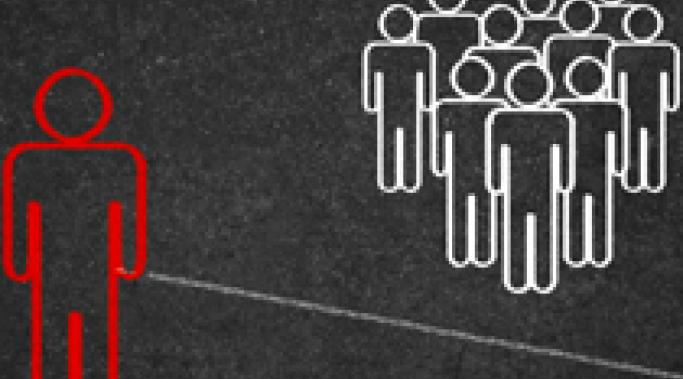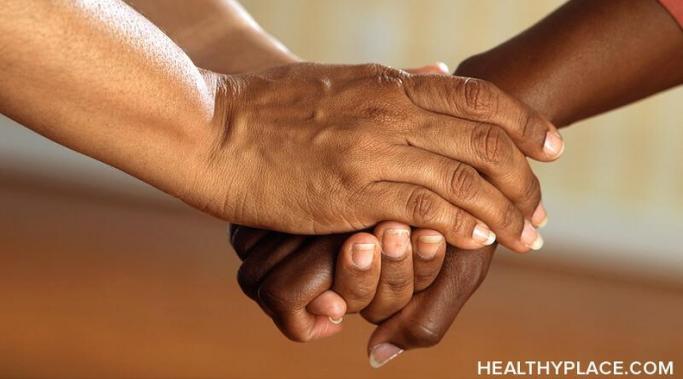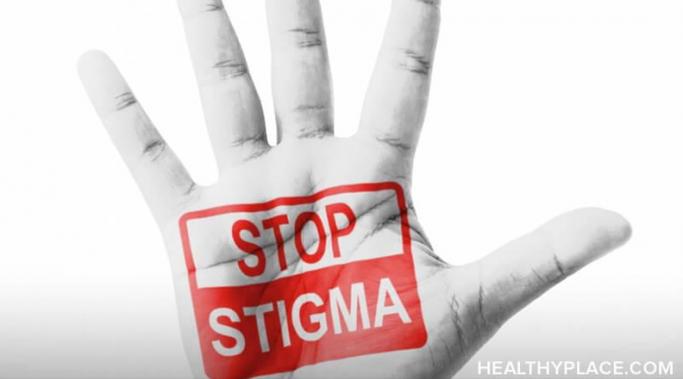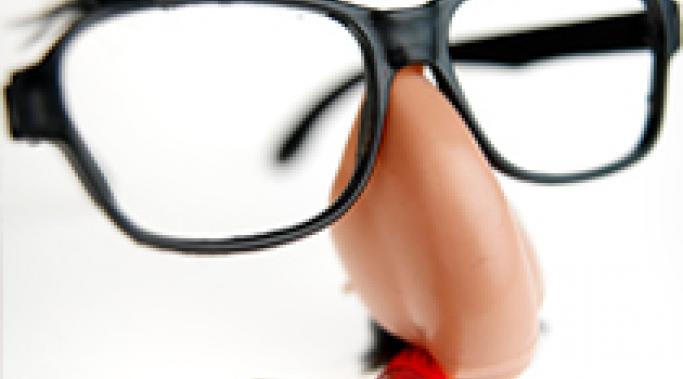Do you know how to handle a treatment professional on a power trip? Sometimes the field of mental health draws the wrong people, especially when treatment philosophy is the social control model. I once overheard a nurse say to a patient "You do what we tell you, when we tell you." Another psychiatrist told a patient who made a sarcastic comment about wearing diapers "If that's what you want I can make it happen." The same psychiatrist told me "I can go on the word of a social worker if I want." When a treatment professional is on a power trip, it is important to know how to handle them (What Mental Health Professionals Don’t Know about Clients).
Recovering from Mental Illness
Mental health stigma is discrimination. According to the US Surgeon General, stigma is the number one barrier to treatment. This stigma can lead to people with a brain disorder being denied jobs, housing, and services. For example, I was once asked about my mental illness during a job interview and was denied the job even though I had two years of experience and excellent references. I also was discharged from the military after being diagnosed with mental illness. Stigma is really a fancy word for discrimination.
Recently I got mental health advice from a tarot reading. I'll be the first to admit I'm skeptical about tarot (Alternative Mental Health Information). But recently I got a reading that was empowering. The reading had three pieces of mental health advice I will share since they're good for everyone to know.
Do you know why addiction is not a moral issue but a mental health issue? Recently a friend of mine posted a video in which a federal prosecutor described herself as, "on the front lines in the war against drug abuse." My first thought was, "No, that's therapists. You're on the front lines on a war against an illness." There are three reasons why addiction is not a moral issue, but a mental health one: underlying mental illness, a physical component to addiction, and it can happen to anyone (Dual Diagnosis: Substance Abuse Plus A Mental Illness).
There is a such thing as recovery from posttraumatic stress disorder (PTSD). I have had posttraumatic stress disorder since college. At one point, my symptoms were so severe I was involuntarily committed to the state hospital system. That was eight years ago. Now I'm living on my own and running a small freelance writing business and I recently published a Bible study for sexual assault survivors. My symptoms are usually manageable. Recovery from PTSD is possible, and here are three things that helped me.
There are three lessons vital to rape survivors. With convicted sex offender Brock Turner's release from prison and Jared Fogle's lawsuit blaming the victim's parents for her "destructive behavior," sexual assault has been in the media a lot lately. I, myself, am a sexual assault survivor whose attacker got off on a technicality. Part of my healing was writing a recently published Bible study for sexual assault survivors. There were three lessons I learned that are vital to rape survivors.
Did you know you can use humor as a mental health coping skill? I dabble in stand-up comedy, using stories combined with sarcastic comments from my life as part of the act. Recently, I did a show about my time in rehab in the state hospital system. The entire time was traumatic; I refer to it as the worst four months of my life (What the State of Indiana Doesn’t Want You to Know). But using humor as a coping skill for mental health got me through it, and enabled me to look back on it and see the funny things, such as the control freak staff member who posted a sign that read, "If you fart in the dayroom you will be marked for disrespecting staff and peers!"
Do you know how to start recovery from a mental illness trigger event? Ever since Katrina hit and I served as a relief worker, I have had a fear bordering on terror of drowning. My city, Indianapolis, just got hit by a minor flood. I do not have the words to describe how I felt as I sat on the table of a friend's business and watched the water rise to the lugnuts of a car across the street. Let's just say I'm agnostic and I was praying like my life depended on it (Pushing Aside Daily Mental Health Triggers is Tough). Events such as these trigger psychiatric symptoms and are called mental illness trigger events. The good news is there is recovery from a mental illness trigger event.
Do you know how to use coping skills in an emergency situation? Recently, while I was at a mental health facility, a series of tornadoes touched down and forced us to evacuate to the basement, three times (How to Create an Emergency Anxiety Toolkit). Unfortunately, several of the other mental health consumers had claustrophobia (literally). We had to know how to use coping skills in an emergency situation. Here's what I learned.
Do you know how to recover from an abusive relationship? No one wakes up one day and says, "I think I'll fall in love with someone who abuses me." Most relationships don't become abusive, and most abusive relationships don't become abusive until the relationship is well-established. And lack of violence does not mean lack of abuse (Effects of Emotional Abuse on Adults). Breaking it off is the most dangerous part, but what comes after that? Do victims know how to recover from an abusive relationship?









